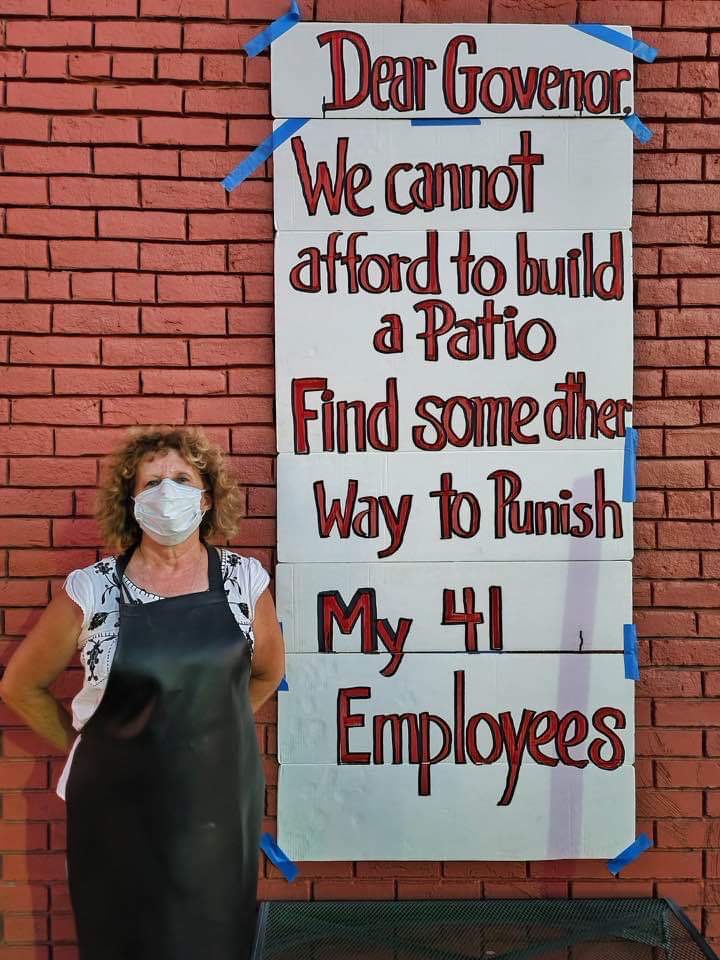Q: Dear Flash,What’s up with the expression about “one bad apple?” I mean, I guess I understand what it means because I’m looking at my stash of rotten apples from last fall. But why is it that one bad apple can ruin the whole batch?—Sister Apple Sludge A: Dear SAS,Ripening fruit gives off a gas called ethylene, which acts like a plant hormone because it induces physiological changes in plant cells. Like yawns, colds and other contagion, ethylene can cause a self-fueling chain reaction among fruit that’s kept in close proximity to other fruit in a non-ventilated space. For the most dramatic example of ethylene in action, try wrapping a banana in plastic and see how fast it ripens itself.You can apply the same principle to help speed the ripening of fruit you want to mature, like when you pick your green tomatoes before the first killing frost of fall. Wrap the tomatoes in newspaper, which captures the ethylene produced by the ripening tomatoes and speeds the ripening process, but still allows enough air circulation to prevent the tomatoes from rotting.Gene jockeys have figured out how to tweak ethylene production in tomatoes to slow down or speed up ripening, depending on which is desired. But a majority of consumers don’t want GMO tomatoes.To keep your apples and other fruit crisp—as well as onions and potatoes—you need to go through and remove any fruit that’s starting to get soft. Be merciless. Also remove specimens with spots and bruises, which can also release ethylene. Then keep the fruit in a cool, well-ventilated area, and go through it periodically to remove the next generation of ethylene bombs.
Send your food and garden queries to flash@flashinthepan.net.


